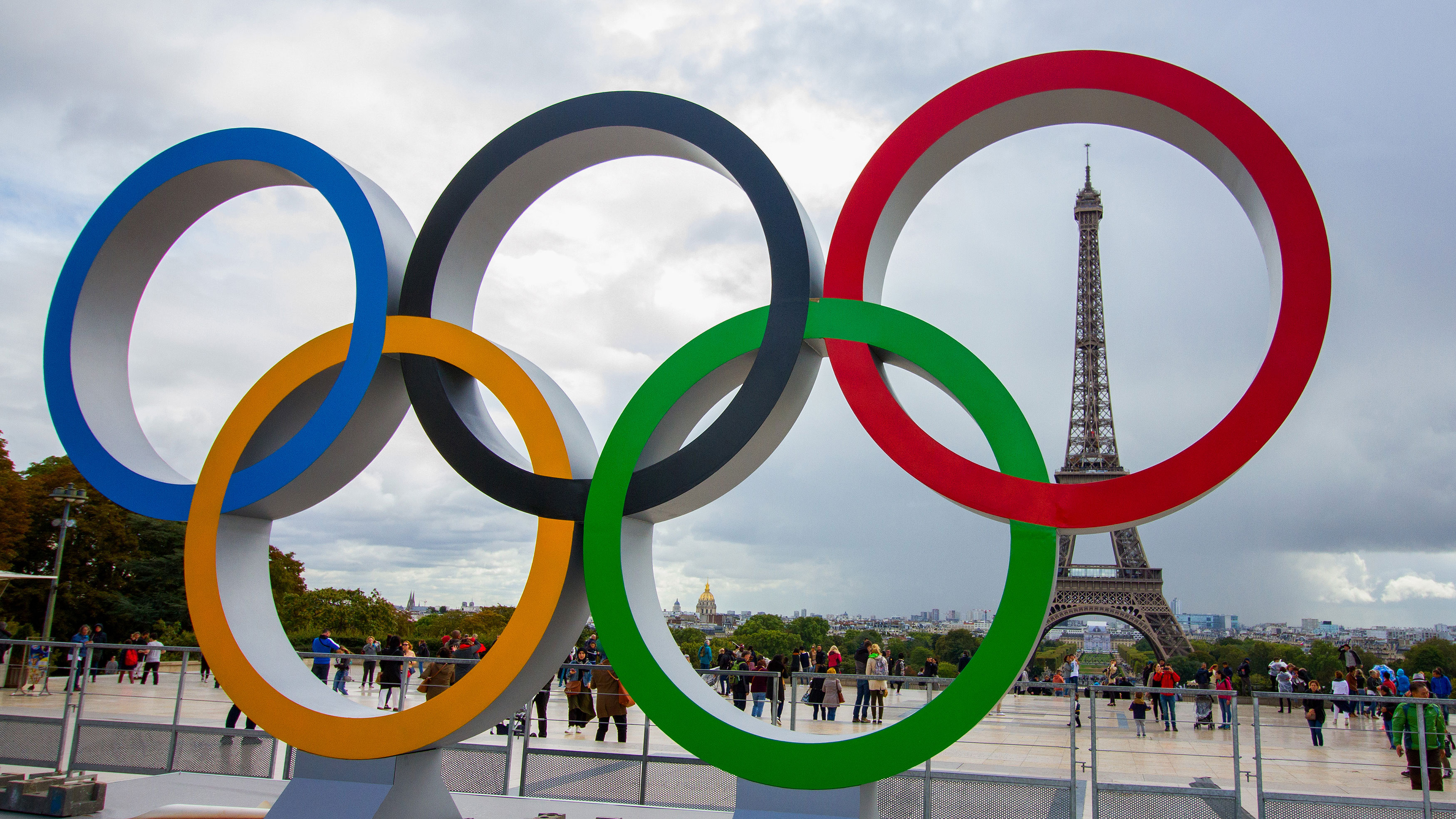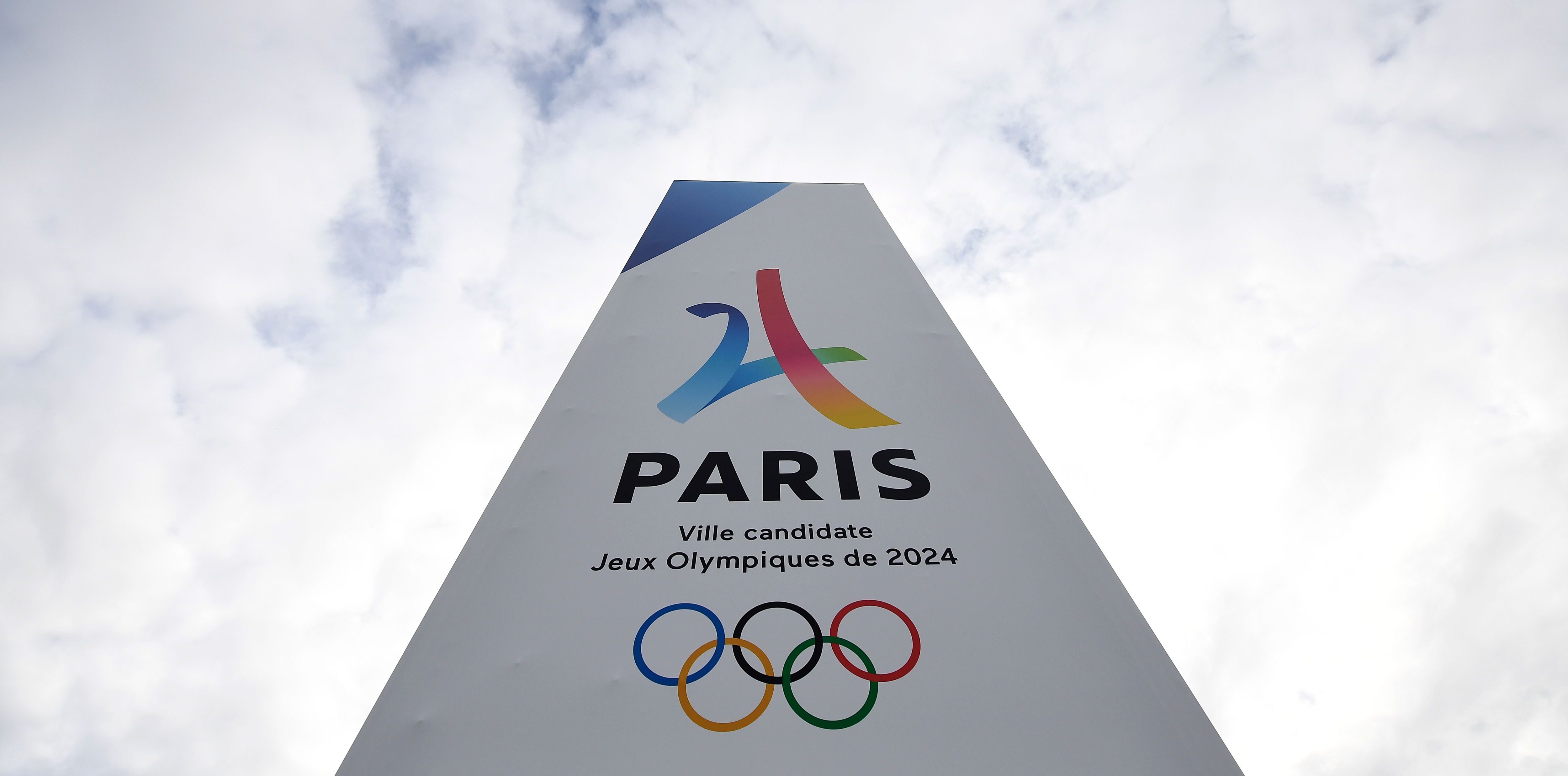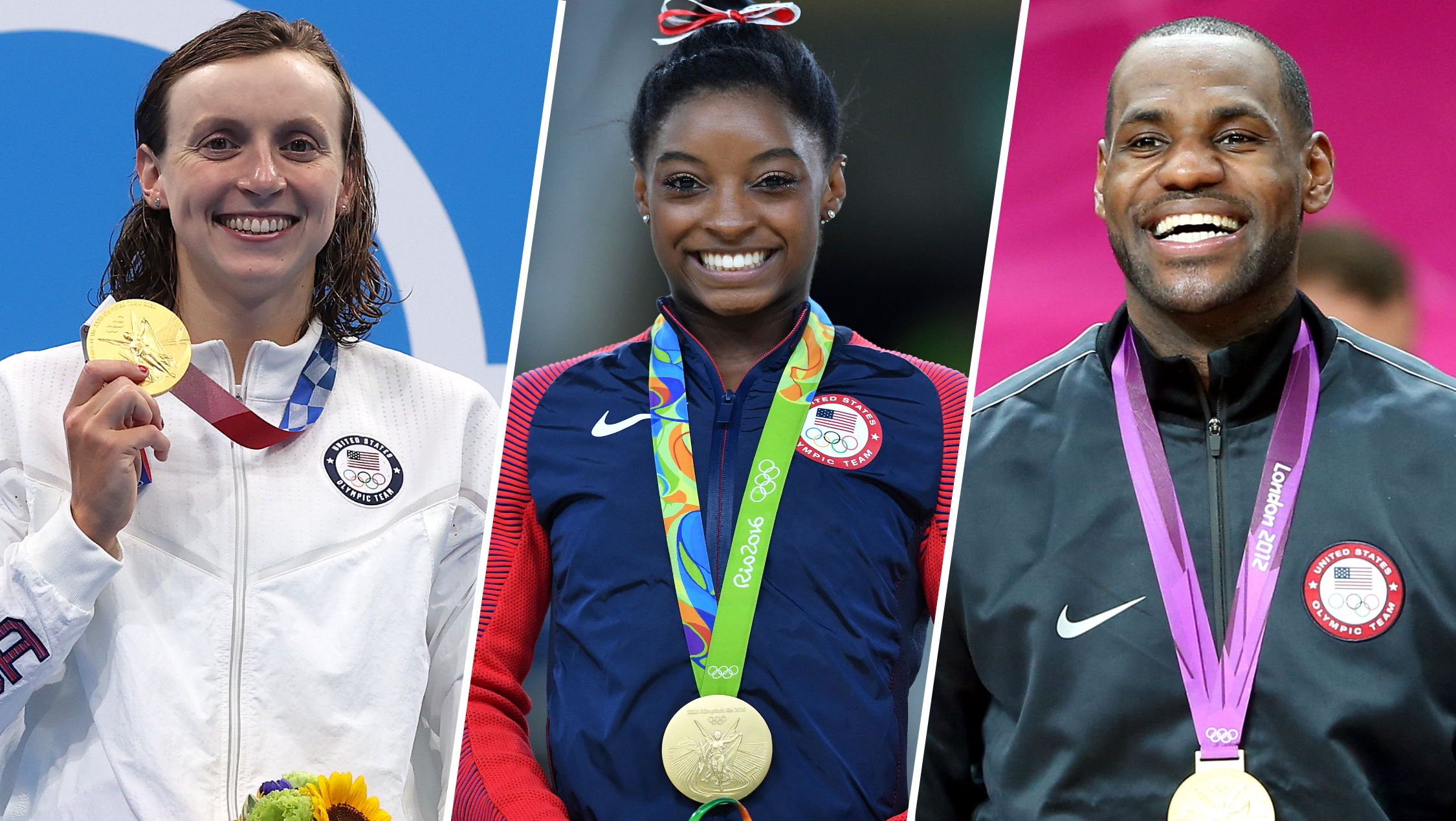Salt Lake City will be an Olympics host again after the IOC formally awarded the 2034 Winter Games to the United States bid on Wednesday.
The capital city of Utah was the only candidate since the International Olympic Committee gave Salt Lake City exclusive negotiating rights last year in the process that was fast-tracked for 2034 and led to U.S. being awarded the games.
The campaign team presenting the bid on stage to IOC members included the Governor of Utah Spencer Cox, Salt Lake City Mayor Erin Mendenhall and Alpine ski great Lindsey Vonn. Back home, a 3 a.m. public watch party gathered to see a broadcast from Paris.
Stay in the game with the latest updates on your beloved Bay Area and California sports teams! Sign up here for our All Access Daily newsletter.
Salt Lake City’s final approval in a vote by those members will bring back the Winter Games 32 years after first hosting in 2002.
Salt Lake City was the lone contender the Olympic committee was considering for 2034. Climate change and high operational costs have reduced the number of cities willing and able to welcome the Winter Games. Utah has capitalized on low interest elsewhere, pitching itself to Olympic officials as an enthusiastic repeat host if the committee goes forward with a proposed permanent rotation of Winter Olympic cities. Olympic Games Executive Director Christophe Dubi had said Salt Lake City would be a prime candidate for such a plan.
Local leaders had their sights set on hosting multiple times even before Salt Lake City welcomed its first Games, bid team spokesperson Tom Kelly said. Remnants of the 2002 Games are nestled throughout the city and have kept the Olympic fever alive for more than two decades. Organizers of the 2034 Games touted that enduring enthusiasm throughout the selection process and showed visiting Olympic officials how they have preserved the venues used in 2002.
Meanwhile, the French Alps was named as the 2030 Winter Games host, though with conditions attached and signoff required from whoever is the next Prime Minister of France.
French President Emmanuel Macron helped present the bid to IOC members and gave assurances that the national government being formed in office after the 2024 Summer Games in Paris will underwrite all the organizational guarantees that must still be signed.
IOC members accepted his guarantees and gave their approval in an 84-4 vote with seven abstaining.
“We would like to thank you for your confidence and trust,” Macron said in a brief acceptance speech. “We will be there and we will respect our commitments.”
National governments in Olympic host countries need to formally underwrite financial and security promises that are essential to organize and run the games.
A deadline of Oct. 1 was set by the IOC for the next French Prime Minister to sign a document guarantee key promises for the 2030 project. The national assembly elected this month must ratify that document by March 1, IOC president Thomas Bach said.
Those guarantees sought by the IOC have not been possible in France in recent weeks because of the snap parliamentary elections called by Macron that concluded July 7. It failed to produce a majority government yet stalled the momentum built by far-right parties.
The French bid was the only candidate — preferred by the IOC with exclusive negotiating rights since November — and is a project centered on ski resorts in the French Alps and ice sports venues in the coastal city Nice.
Barely 5 1/2 years ahead of the scheduled opening ceremony, the 2030 Winter Games has the shortest lead-in time to prepare for any modern Olympics.
Macron and bid officials acknowledged the challenges of climate change for snow sports and Winter Games hosting.
“We have now to invent a new model, a sustainable one, for people living in the mountains,” Macron acknowledged in a speech in English. "We do believe in the future of Winter Games. We do believe in the future of our mountains.”
The leader of the regional government in the French Alps acknowledged the difficult future.
“We are not skiing today as we used to ski in the past,” Renaud Muselier, president of the Provence-Alpes-Cote d’Azur region, said. “Climate change is a reality with an impact on the mountains.”
“We want to be optimistic but realistic,” Muselier said in translated comments, promising the greenest-ever Winter Games “on a human scale.”
France previously hosted the Winter Games three times: the inaugural 1924 edition in Chamonix, 1968 in Grenoble and 1992 in Albertville.





